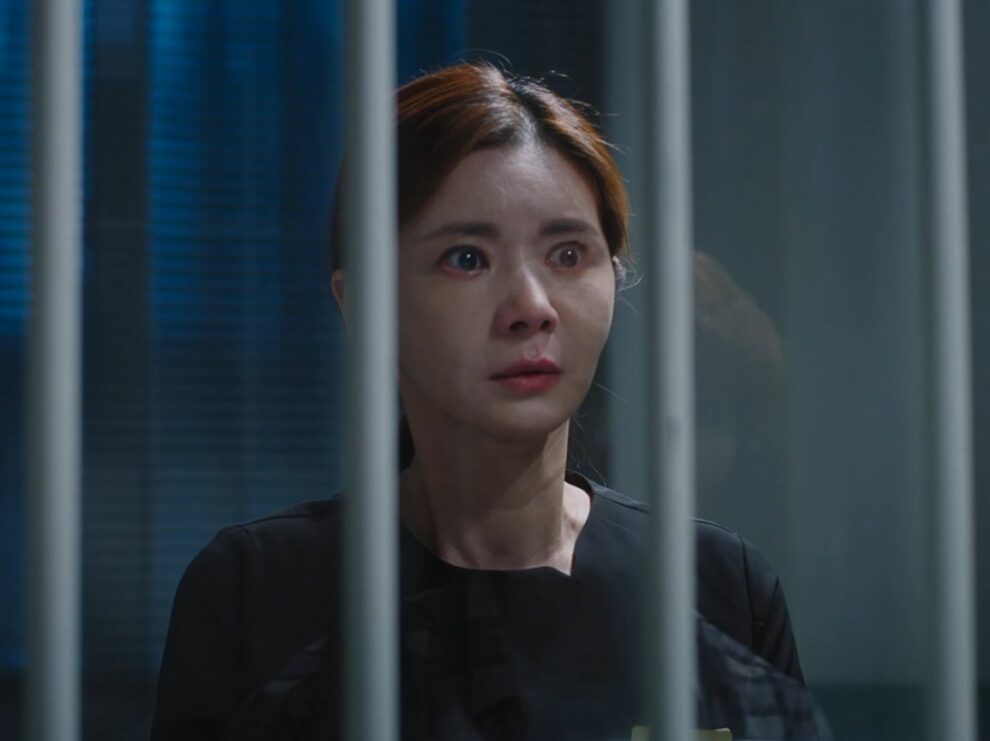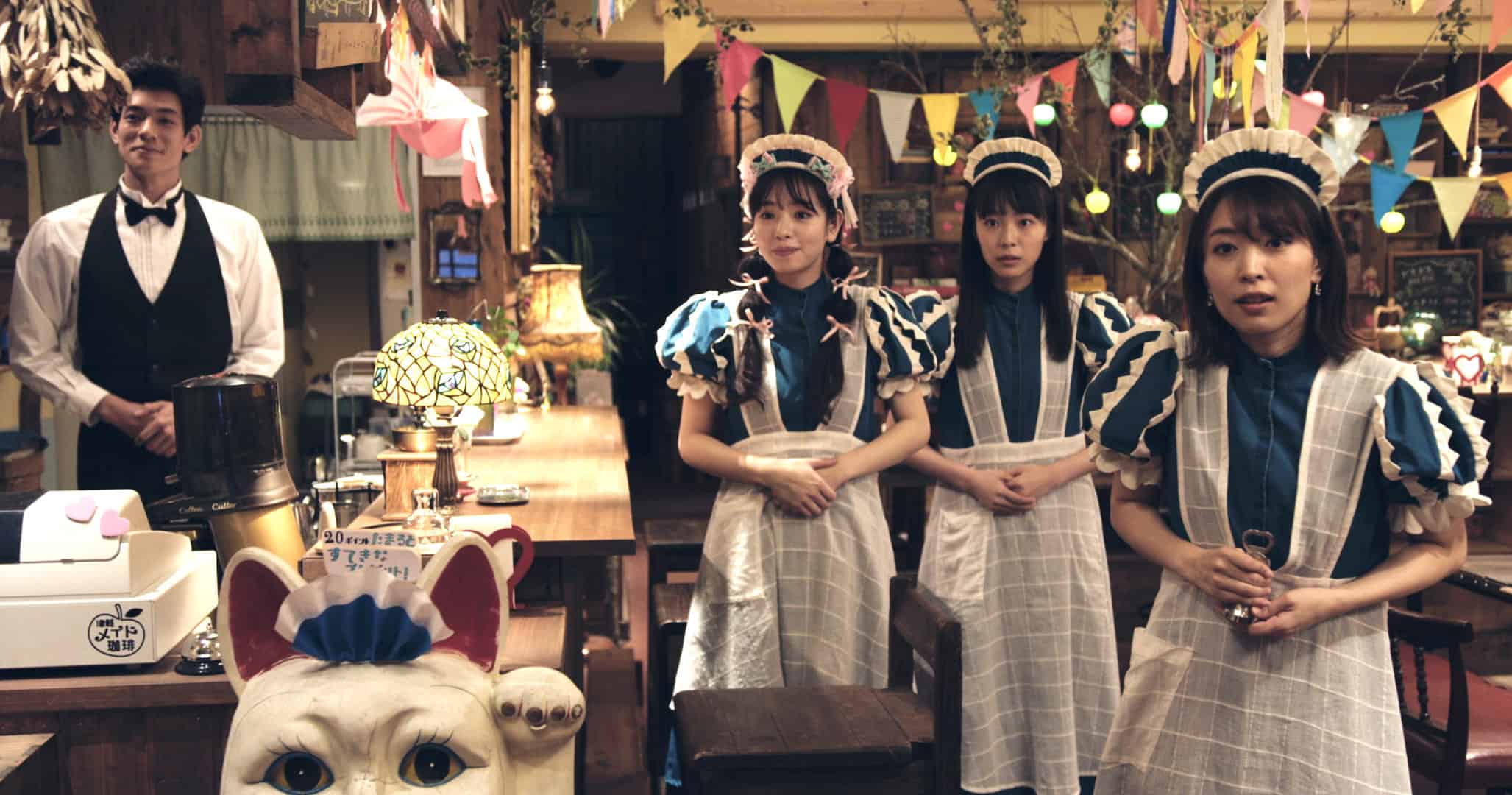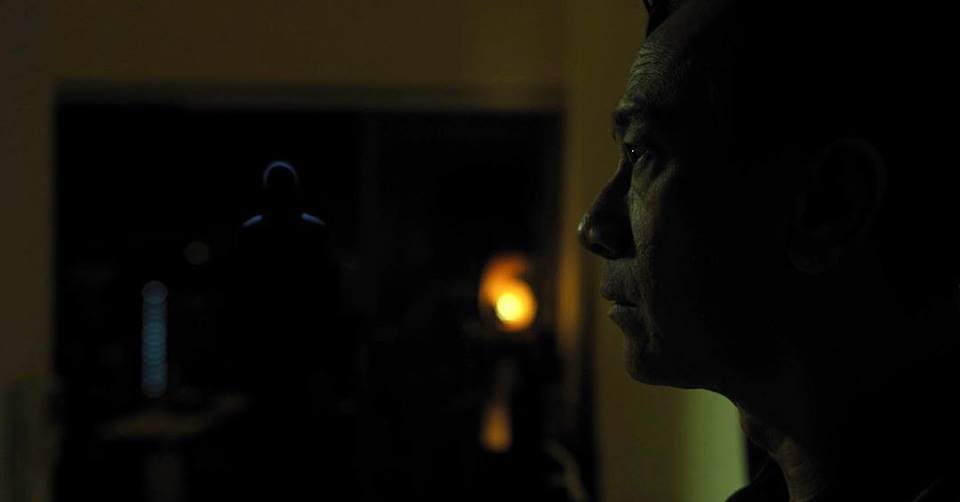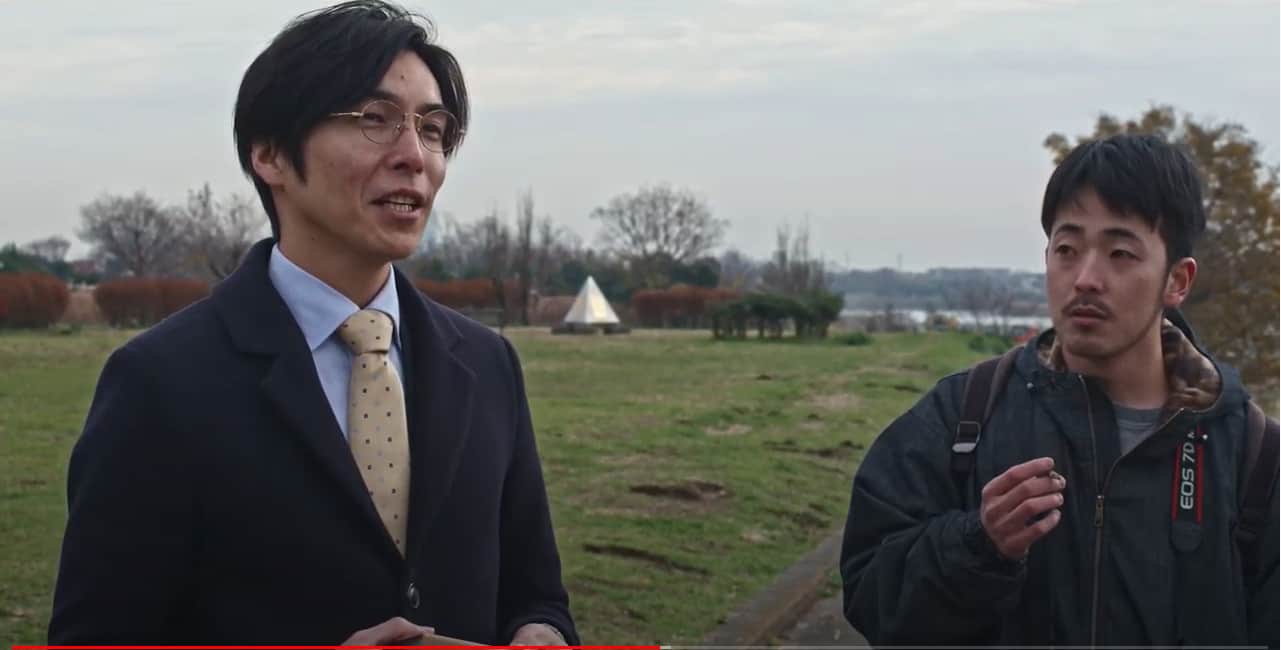Our parents can be a real drag, can't they? The constant expectation to do better than you're doing, the legacy they want followed, the homecooked meals you have to say you like; sometimes love can be tough when it comes from the people who want the best for you. And yet other times, it's more than that: a slow suffocation of your soul that makes you want to scream, run away or do something even more drastic. Kim Su-in's emotionally-frank drama “Toxic Parents” takes a look at that end of the spectrum through a classic South Korean genre type: the murder mystery.
“Toxic Parents” is screening at Bucheon International Fantastic Film Festival
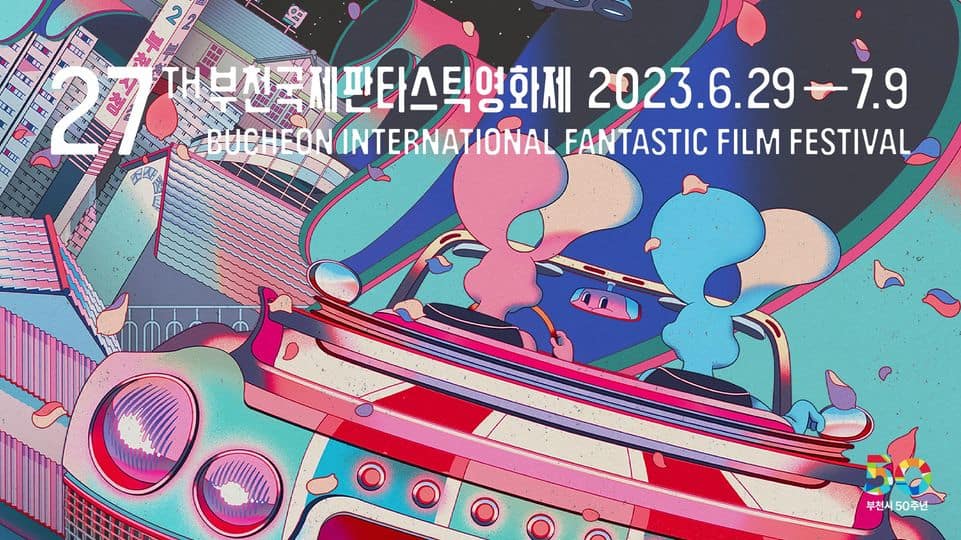
Its opening paints a sorry picture: a seemingly innocuous riverside picnic ends in the deaths of three people, all poisoned by some sinister strawberry cake. The detectives suspect it to be a group suicide, but the circumstances behind the untimely demise of schoolgirl Lee Yoo-ri (Kang An-na) raise a lot of questions. Why was she involved with these strangers? What do her mysterious final text messages sent through an anonymous chat app mean? And most importantly, what (or who) drove her to seemingly take her own life? Suspicions are cast on a variety of characters, including Yoo-ri's love-hate best friend and pop idol hopeful Ju Ye-na (Choi So-yoon), her caring, sensitive homegroup teacher Kim Gi-beom (Yoon Jun-won) and her overbearing mother Hye-young (Jang Seo-hee), leading to a heartbreaking exploration of what it means to be young and have the weight of the world on your shoulders.
The strength of “Toxic Parents” lies in its sneaky subversion of genre tropes. The initial tragedy brings together a group of detectives and tasks them with a standard case of getting to know a complicated teenager from beyond the grave, albeit with some modern touches about her online identity and extensions of herself through technology. It's the details of the case and the structure of the film that brings its thesis into a more interesting, empathetic light; Kim's writing deals with the complex interior lives of its characters with great sensitivity and grace, and while the gradual revealing of their layers doesn't lead to anywhere completely unexpected, the emotions of these multi-faceted individuals ring completely true. By the tragic final scene of “Toxic Parents”, the film has shaken off its murder mystery trappings, taking what was initially a straightforward thriller and turning it into an affecting and disarming drama.
For all of Kim's heartfelt character beats, they would be lost without the uniformly excellent performances from the cast. Kang An-na transcends what could be a cipher of a role by adding strokes of hope and optimism to Yoo-ri, and when the flashback structure demands she gives more and more out of every scene, she meets the challenge with impressive range. Her relationship with Jang Seo-hee's uptight mother is completely believable and the tension created by their complicated chemistry leads to some of the film's most emotional moments. Because these stretches are so strong, the narrative often struggles to shift perspective back to its peripheral characters, but Yoon Jun-won and Choi So-yoon lead their own threads with confidence, thoroughly drawing their own plights as victims of other toxic systems circling the central plot. The scenes with Gi-beom's own toxic parents and Ye-na's intense training regiment don't feel the most important in the grand scheme of things, but they are often framed evocatively, illustrating a deep sense of cold loneliness in soulless interiors that offer no comfort when it's needed most.
The only glaring flaw in “Toxic Parents” is its English-language title. In Korean, its title is “독친”, pronounced ‘dok-chin' and translating as ‘single parent' in English. The English-language title removes the ambiguity that its Korean one creates; ‘Single Parent' suggests a variety of things, from the tragedy endured by a single parent after their child's untimely death to the absolute influence the parent has over their child. “Toxic Parents” spells out the unravelled mystery at the film's heart, and that's a shame, because this movie deserves to do well because of its earnest and even-handed treatment of difficult subject matter. One can hope that it will find a life outside of South Korea despite its English title wearing its heart on its sleeve and defusing a lot of what it has to offer.
Aside from the expectations created by its obvious name, “Toxic Parents” encapsulates a specific time in an online world but finds something universal through its truth and accuracy. Yoo-ri's story is a hard, necessary watch; didactic in its messaging but vital in its thesis. It's a call for empathy and understanding and support for those who have no one to ask for it, bolstered by a range of committed performances keen to make you feel every bit of pain it has to offer.


